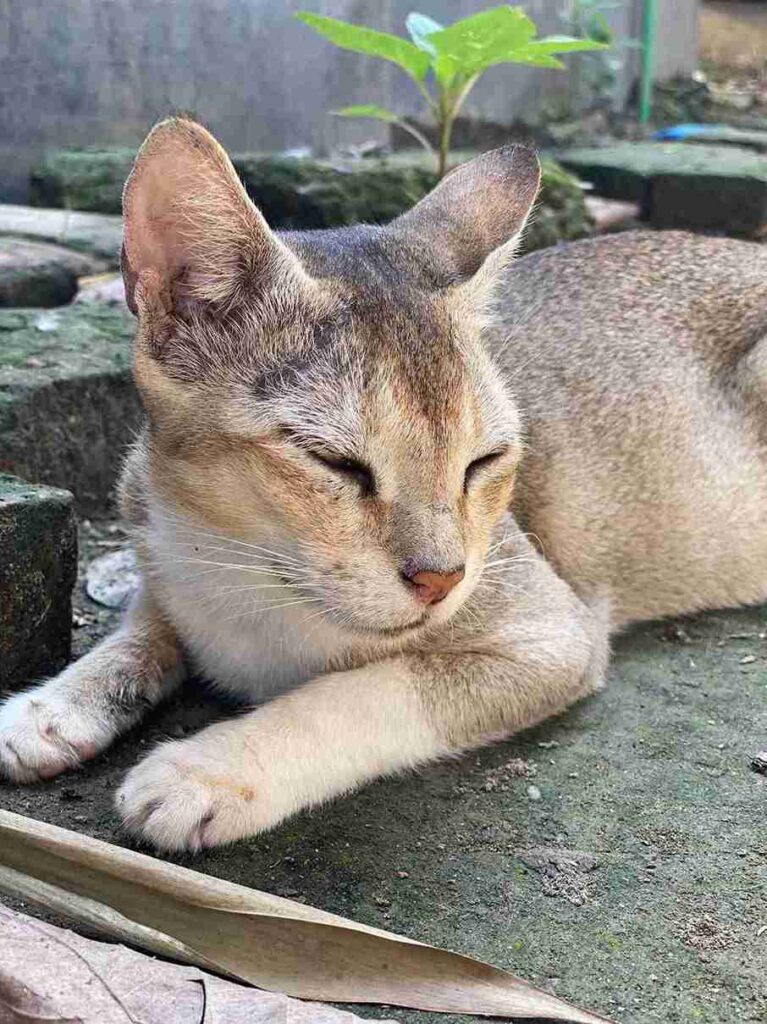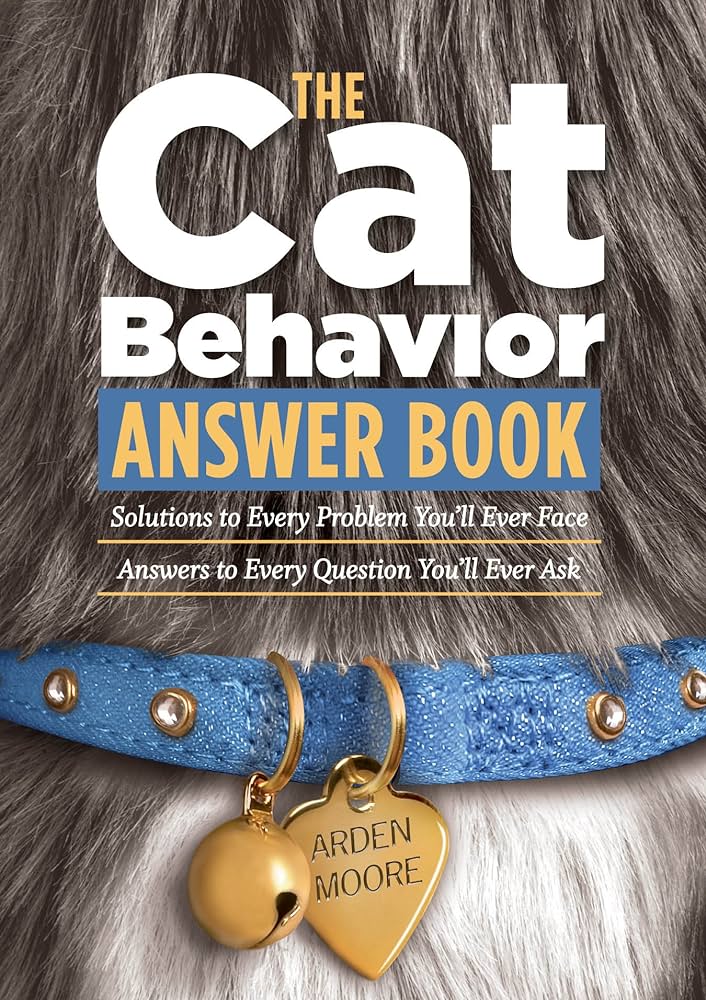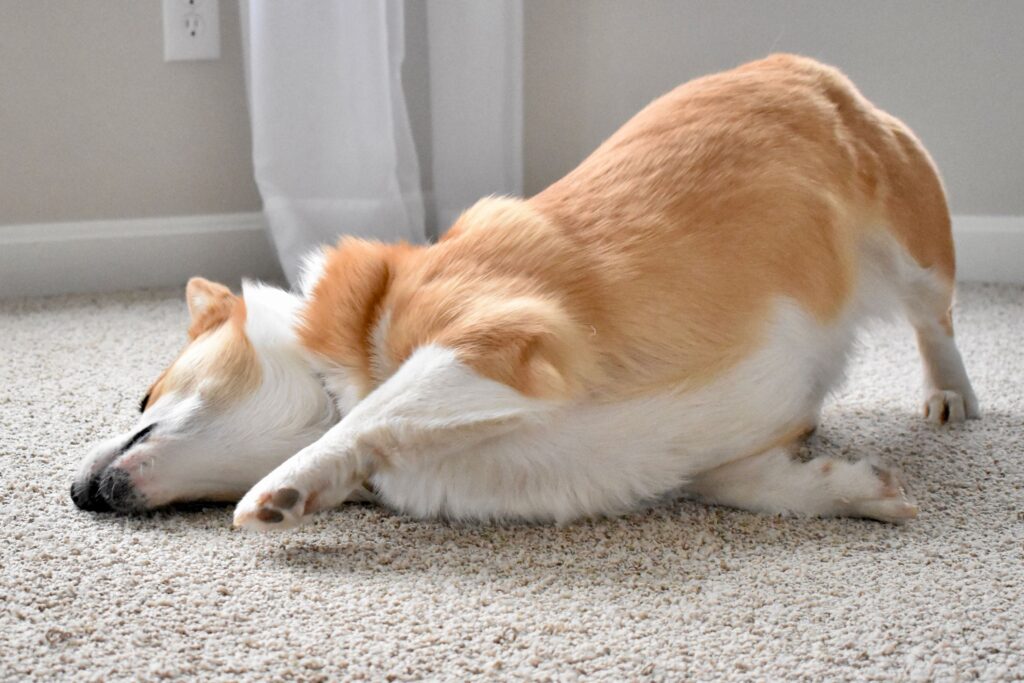If your cat is not eating food but is still eating treats, it may not be okay. The discrepancy in eating behaviors could indicate an underlying health issue or behavioral problem.
It’s important to monitor your cat’s eating habits closely and consult a veterinarian if the lack of appetite persists. We’ll explore potential reasons why your cat may not be eating her regular food but is still consuming treats. We’ll also discuss what steps you can take to address this issue and ensure your cat’s well-being.
Understanding the possible reasons behind this behavior is crucial in addressing any health concerns and ensuring your cat maintains a balanced diet. Let’s delve into the possible causes and solutions for this concerning eating pattern in your feline friend.
Contents
Cat’s Aversion Towards Regular Food
It’s concerning when a cat refuses to eat her regular food but happily devours treats. Maintaining a consistent eating routine is crucial for a cat’s health and well-being. Potential reasons for a cat’s loss of appetite could include underlying illnesses or health problems, as well as behavioral issues.
It’s important to monitor your cat’s eating habits and seek veterinary advice if there are any concerning changes. Addressing any issues promptly can help ensure your cat’s eating habits return to normal.
:strip_icc()/cat-is-not-eating-4579814-01-783f3000633e48e695a3d4f8a9bb33fa.jpg)
Credit: www.thesprucepets.com
Treats Consumption Vs. Regular Diet
Cat Not Eating Food But Eats Treats: Is She Okay?
Treats Consumption vs. Regular Diet
When cats refuse their regular food but happily devour treats, it can be concerning. Treats are usually rich in fats and calories, offering little nutritional value in comparison to regular cat food. Overindulgence in treats can lead to nutritional imbalances and potential health issues.
Regular cat food is specifically formulated to provide the essential nutrients and vitamins cats need, whereas treats are designed for taste and indulgence. Switching a cat’s regular diet for treats can result in nutrient deficiencies and unbalanced meals.
Ensuring proper portion control is crucial when offering treats to a cat. Limiting treat intake and prioritizing a balanced, nutritional diet can help maintain the cat’s health and well-being.
Monitoring And Addressing Cat’s Eating Habits
Cats can demonstrate finicky eating habits, and a sudden change in their appetite may raise concern. When observing a cat’s eating behavior, it’s important to look for signs of loss of appetite and any consistent patterns in treat consumption. Loss of appetite signs include ignoring regular food, weight loss, and decreased interest in mealtime activities.
If the cat continues to consume treats while showing a lack of interest in regular food, it may indicate a potential issue that needs attention. Consulting a veterinarian for a professional evaluation is essential to address any underlying health concerns. The veterinarian can provide dietary recommendations and guidance to ensure the cat’s health and well-being.
Frequently Asked Questions For Cat Not Eating Food But Eats Treats: Is She Okay?
Why Is My Cat Not Eating Her Food But Eats Treats?
It’s common for cats to be picky eaters, but if your cat consistently refuses regular food and only eats treats, it could indicate an underlying health issue. Cats may prefer treats due to taste or texture, but it’s important to consult with a veterinarian to rule out any medical concerns.
What Are The Possible Reasons For A Cat’s Selective Eating Behavior?
A cat’s selective eating behavior might be caused by dental problems, stress, food aversions, or underlying medical conditions. Dental issues can make chewing and swallowing uncomfortable, while stress and aversions can affect appetite. It’s essential to observe your cat’s behavior and consult with a veterinarian for a proper diagnosis.
How Can I Encourage My Cat To Eat Her Regular Food?
Introducing variety in your cat’s diet, offering quality food, and creating a consistent feeding schedule can encourage her to eat regular meals. Gradually mix treats with her regular food to entice her, and make mealtimes stress-free and enjoyable. If the issue persists, seek advice from a vet for tailored solutions.
When Should I Seek Veterinary Help For My Cat’s Eating Habits?
If your cat’s unusual eating behavior continues for more than a day, or if she shows signs of distress, lethargy, or weight loss, it’s crucial to seek veterinary help promptly. Sudden changes in eating habits can indicate medical concerns, and early intervention is vital for your cat’s health and well-being.
Conclusion
If your cat is not eating food but still eats treats, it’s important to monitor her behavior closely and seek veterinary advice if the issue persists. Remember to consider potential underlying health issues and make necessary changes to her diet and environment.
Ultimately, your cat’s well-being should always be a top priority.

Katie Lindsey is a passionate cat lover and founder of Cats Solution, a comprehensive resource for all things feline. With a lifelong love for cats and extensive knowledge in their care and behavior, she provides expert advice and solutions to cat owners. Through her website, Katie fosters a supportive community where cat enthusiasts can find guidance and heartwarming stories. A dedicated advocate for animal welfare, Katie also promotes responsible pet ownership and adoption. Join her on this purr-fect journey celebrating the joy of feline companionship.



